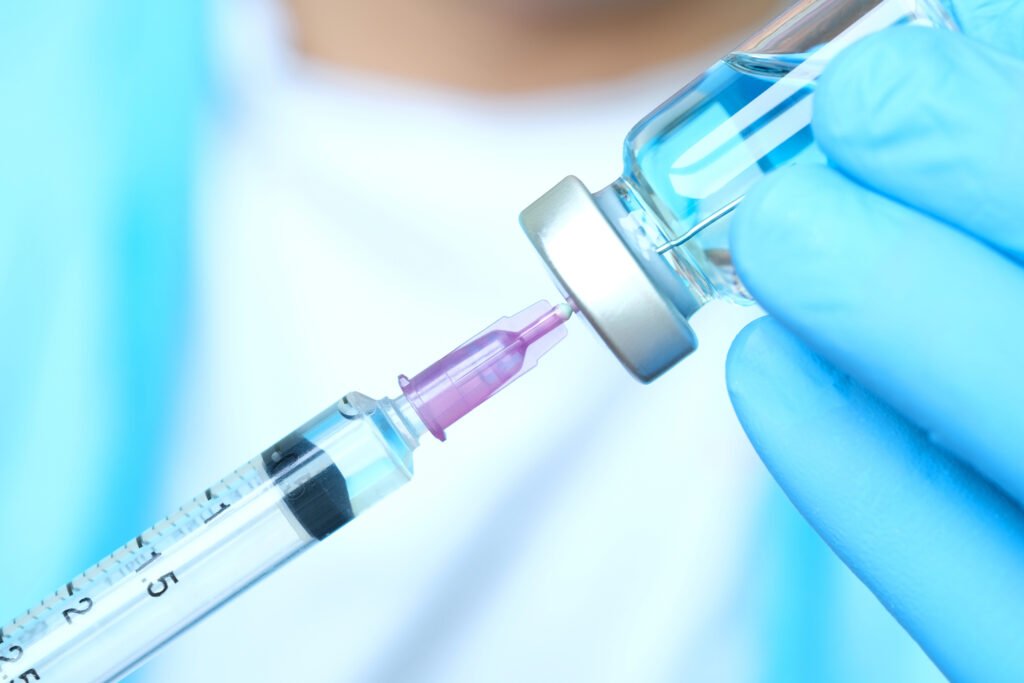Stablepharma moves toward first-in-human testing of SPVX02, a thermally stable tetanus–diphtheria booster that could revolutionise vaccine storage and access worldwide.
Stablepharma moves toward first-in-human testing of SPVX02, a thermally stable tetanus–diphtheria booster that could revolutionise vaccine storage and access worldwide.

Thermal Stability Meets Global Vaccine Challenges
On 8 January 2025, Stablepharma hit a major milestone by submitting a Clinical Trial Application (CTA) to the UK’s Medicines and Healthcare products Regulatory Agency (MHRA) for SPVX02, a novel tetanus–diphtheria booster vaccine that remains stable at ambient temperatures. This innovation stems from their patented “sugar-glass” technology—using trehalose to encapsulate and preserve vaccine components in a solid state, effectively eliminating the need for refrigeration. This achievement positions Stablepharma as a clinical-stage biotech company making strides in solving logistical hurdles that have long plagued vaccine deployment globally.
The potential impact of this technology is substantial. By enabling reliable vaccine storage and transport without the cold chain, SPVX02 holds promise for remote, low-resource settings, accelerating immunisation efforts and minimising vaccine spoilage. The CTA submission represents a critical regulatory step toward launching human trials, and marks Stablepharma as one of the few biotech players actively advancing shelf-stable vaccines in clinical development.
Implications for Global Health and Industry Innovation
If approved for clinical testing, SPVX02 could deliver a seismic shift in how vaccines are delivered and distributed—especially in areas where maintaining cold chain infrastructure is nearly impossible. The COVID-19 pandemic highlighted the vulnerabilities of temperature-sensitive vaccines when deployed at scale; SPVX02’s fridge-free formulation could bypass these limitations entirely, enabling broader reach and greater resilience in supply chains.
On the innovation front, Stablepharma’s progress signals an important trend toward chemistry-based solutions for vaccine logistics—complementing breakthroughs in formulation and delivery tech. As policymakers and global health organisations seek to bolster pandemic preparedness, such technologies are likely to receive increasing attention and funding. From a development standpoint, the success of SPVX02 could catalyse similar reforms for other routine immunisations, potentially redefining vaccine storage standards.
Within the industry, Stablepharma’s emerging clinical strategy could attract partnerships with NGOs, vaccine producers, or governmental agencies committed to equitable access. For biotech investors and vaccine developers alike, proof-of-concept data from SPVX02 may open a new frontier—grounded not in molecular targeting, but in solving the persistent, non-scientific barriers to reaching patients.
Keep in touch with our news & offers